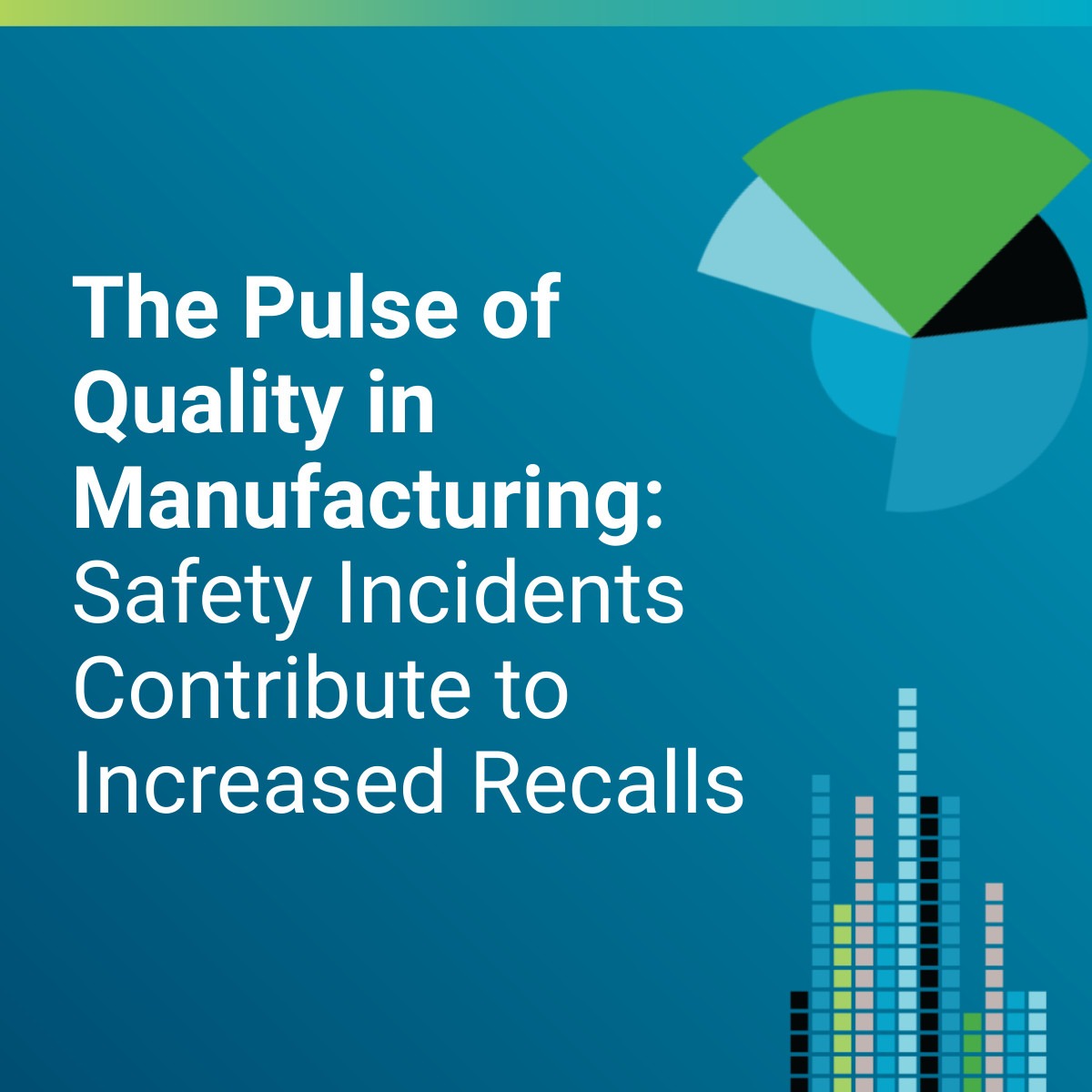As more and more organizations transition to cloud-based quality management software (QMS), ensuring data security and compliance has never been more critical. Take a look at the importance of compliance in cloud QMS software, explore data security best practices, and provide an overview of relevant regulations and standards.
The importance of cloud-based QMS compliance
Compliance and data security in cloud QMS software require special attention, as these systems store and process vast amounts of sensitive information. Ensuring that cloud-based QMS solutions remain compliant and secure is crucial to protecting your organization’s data, reputation, and bottom line. Establishing strong processes for data protection and privacy processes, taking into account compliance issues, and leveraging robust auditing and monitoring practices make cloud-based QMS compliance simpler.
Data security best practices for cloud QMS software
Implementing strong data security measures is essential for safeguarding company information. Here’s a roundup of the best practices for data security with cloud QMS software:
Encrypt data in transit and at rest
Encryption is a fundamental security measure that protects your data from unauthorized access. Encrypting data both in transit (while it’s being transmitted over networks) and at rest (when stored in databases or other storage systems) ensures that even if QMS data is intercepted or the system is breached, it remains unreadable to unauthorized users.
Implement multi-factor authentication (MFA)
MFA provides extra security by requiring users to provide at least two or more forms of identification before gaining access to the system. This security can include a combination of knowledge (password), possession (physical token or mobile device), and something the user is (such as biometrics like fingerprints). As a result, MFA significantly reduces the risk of unauthorized access to your QMS.
Regularly update software and security patches
Timely updates are essential for addressing known vulnerabilities and securing your cloud QMS. Establish a routine update schedule and monitor for new security patches to protect your system against emerging threats.
Establish role-based controls
Role-based controls restrict system access to authorized users based on their job roles. Limiting access to sensitive data and system functions on a need-to-know basis minimizes the potential for data breaches and unauthorized actions within the QMS.
Regularly back up data to prevent loss or corruption
Regular data backups are essential for maintaining data integrity and restoring critical information quickly in the event of data loss or corruption. Implement a comprehensive backup strategy, including off-site or cloud storage, to protect your data from accidental deletion, hardware failures, and other threats.
Develop a comprehensive incident response plan
A well-defined incident response plan details the necessary steps during a security breach or any other data-related incident. Your plan should include procedures for identifying, containing, and mitigating incidents and guidelines for communication and reporting. Regularly reviewing and updating this plan ensures that your organization can act swiftly and effectively when faced with a security threat.
Compliance considerations
Understanding and adhering to relevant regulations and standards is crucial for any organization utilizing cloud-based QMS solutions. A solid understanding ensures legal compliance, builds consumer trust, and promotes risk management. Plus, it enhances operational efficiency by streamlining processes and fostering continuous improvement, ultimately giving organizations a competitive edge in the market.
Some key regulations and standards your company should be aware of and compliant with are:
- ISO 9001: Internationally recognized quality management standard that provides a framework for organizations to meet customer, regulatory, and stakeholder requirements consistently
- FDA regulations: Rules and guidelines for organizations in the medical device and pharmaceutical industries
- GDPR: The European Union’s data privacy regulation
- HIPAA: The US Health Insurance Portability and Accountability Act for organizations handling protected health information
Safeguarding data privacy for cloud QMS software
Protecting data privacy is a vital component of any cloud-based EQMS solution. There are some critical steps your company should take to safeguard data:
- Implement strict access controls to limit data exposure
- Use encryption to protect sensitive information
- Regularly review and update privacy policies and procedures
- Train employees on data privacy best practices
Leveraging auditing and monitoring
Audits and regular monitoring are vital in ensuring data security and compliance in cloud QMS. Implementing a comprehensive auditing and monitoring system helps you identify and address potential vulnerabilities, maintain compliance with relevant regulations, and ensure the ongoing effectiveness of your QMS.
Strong data security and compliance measures in cloud QMS software made simple
Our data secure and compliant QMS software simplifies the process of maintaining robust security measures in the cloud. Leveraging built-in features and tools lets you focus on your core business operations, knowing your sensitive data is protected.


